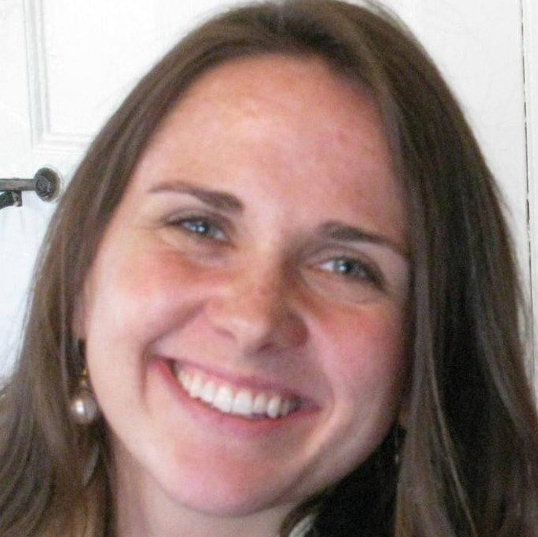Education and Health Sectors Align through Sustainable Food Standards
Institutions have tremendous power to improve public and environmental health and to strengthen the economic vitality of their communities as exemplified by the diverse impact of the hospitals within the Health Care Without Harm and Practice Greenhealth network.
When institutional sectors work together, this power is multiplied and amplified. An entire nation of schools, healthcare facilities and other institutions can focus their influence and assets toward system-wide change.
We are proud to announce a historic step forward toward cross-sector alignment. Our colleagues at Real Food Challenge, have released a set of comprehensive sustainable food standards with which to evaluate the ecological, sociological, and economical impact of individual food products and enable informed purchasing decisions within the university sector. The principles behind these standards are in direct alignment with Health Care Without Harm’s procurement values.
Individually—and now collectively—our organizations are working toward a food system that is local and community-based, ecologically sound, transparent and fair, and humane.
Real Food Challenge’s strength comes from the 194 colleges and universities active in their network and thousands of young people dedicated to changing the food system starting with their own campuses. Among these students are our future doctors, nurses, dieticians, and policymakers who will be making recommendations on diet, health and agriculture. They also are our patients in the communities our hospitals are serving.
Together we are dedicated to working towards aligning collective demand of the health and education sectors to move the market faster and making access to local and sustainable foods easier for institutional purchasers.
Collaboration across institutional sectors is indicative of a greater sea change for our food system here in the United States. It's no longer fringe for institutions to purchase local and sustainable foods and food producers and supply management systems are moving to prioritize these products. Which is why establishing a rigorous process for evaluating product attributes and shared baseline criteria is so critical.
This will lead to greater understanding among suppliers, a drive to manufacture products that fit these criteria and overall increase in supply. All while catalyzing changes in production practices to progressive ones that take into account environmental impact, workers rights, animal welfare and public health.
The actions and purchasing choices of each individual institution matter now more than ever because they are magnified and multiplied by the collective. Health Care Without Harm will continue to use our collective procurement standards to guide hospitals and health care facilities in our network and over 2017, provide enhanced guidance in alignment with our partners at Real Food Challenge to motivate market change towards the goal of a food system protective of people and the planet.
 Stacia Clinton, RD. LDN is the National Program Director of Health Care Without Harm's Healthy Food in Health Care program.
Stacia Clinton, RD. LDN is the National Program Director of Health Care Without Harm's Healthy Food in Health Care program.
